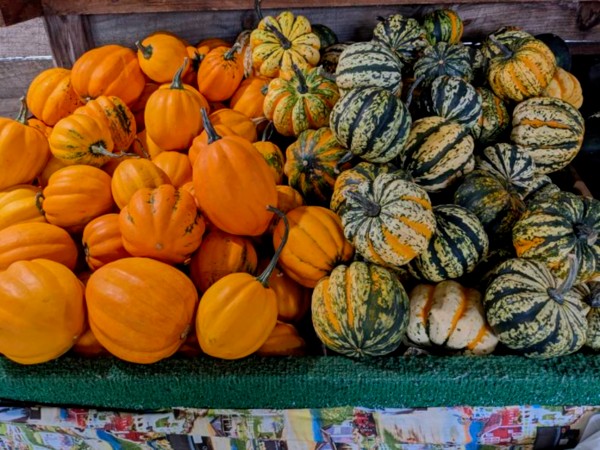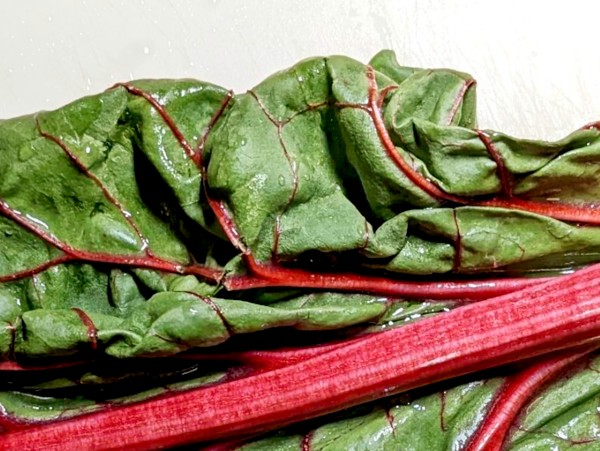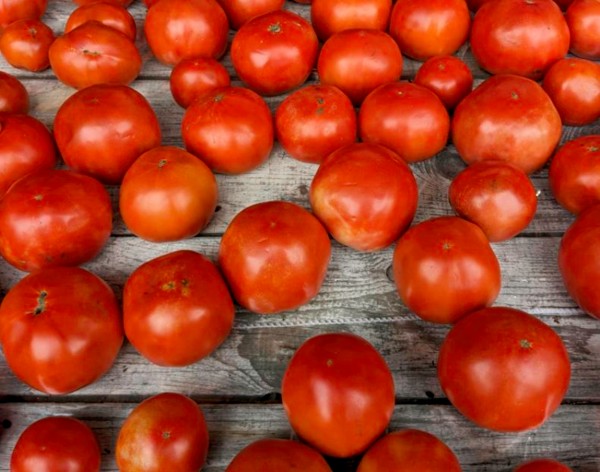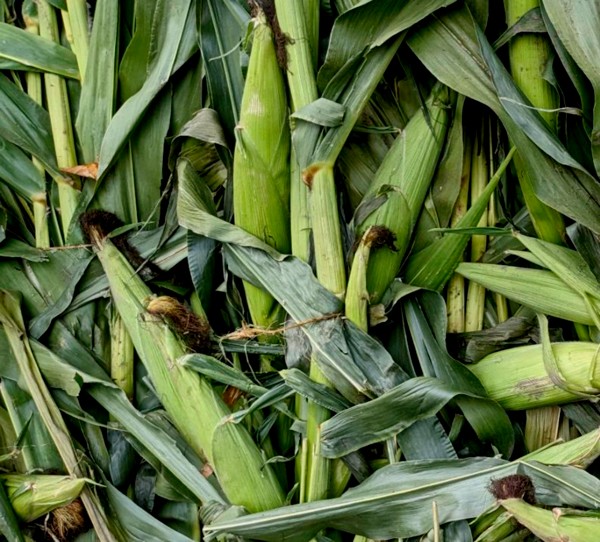Our Daily Bread At Risk: Food Stamps Threatened
The food stamp program that we depend on is under threat and we must rise up to protect it.
Many of us who are tenants of public and subsidized housing depend on community support through government benefits and subsidies, including for housing and food.
We know from hard-won experience that no one is coming to help us and that we must advocate for and help ourselves.
Thus we are prepared for this challenge.
Because we live in public or subsidized housing, our freedom is diminished, our rights are stolen, and we have no remedy or redress. We are harassed, mobbed, and bullied while the landlord, despite their legal responsibility to prevent harassment, either participates in or ignores the bad acts. An individual target of bullying can sometimes stand up to the aggression, but mobbing is a group and community assault on a target, and only the landlord or an outside agency has the power to overcome the harassment. The dynamics of mobbing are that a leader attacks any person who is a perceived threat, and the target is labeled as a threat to the whole community.
Our experience enables us to understand the national scene all too well, because we see the same dynamics writ large. Retaliation by the ruler is the order of the day. Anyone who dares to speak out is labeled as a threat to the nation. If we are part of the group loyal to the ruler, we may applaud and support efforts to “get rid of” so-called “aliens” and “immigrants.”
We may think we are safe, and that the cruel and lawless actions of the ruler are done to protect us and the nation.
However, the sword has two cutting edges. What is to prevent the ruler from turning on us after we have enabled them to break all the laws, procedures, and customs that have taken centuries to mold as protections against the misuse of power?
Food stamps (SNAP) help to provide adequate nutrition for those of us with limited incomes.

Now comes the ruler with a new threat to our food.
The several states administer the SNAP program. The Federal government will impose sanctions on any state that fails to keep the error rate in SNAP program administration very low, leading to significant cuts in funding and benefits. This means that unless each state is able and willing to fund the difference, we will not be able to eat.
“In a state as wealthy as Massachusetts, no one should go hungry. Yet even here, many families struggle to afford healthy food. For decades, the Supplemental Nutrition Assistance Program (SNAP) has helped close that gap. But the “One Big Beautiful Bill” (OBBB) recently passed by Congress and signed by President Trump risks undercutting progress we have made in reducing food insecurity in Massachusetts. State leaders are working to backfill some of the cuts to SNAP in OBBB, but how much they can do remains uncertain. Cuts to Medicaid in the same law are likely to be much larger in dollar terms and will force the legislature to weigh tough tradeoffs.”
“By imposing stricter work requirements on adults, with narrowed parenting and other exemptions, and eliminating eligibility for many immigrants despite their acknowledged legal status, the OBBB is fundamentally altering SNAP’s focus. Instead of working to ensure families are fed and have access to the food they need, the OBBB turns SNAP into a paper chase for families and states. The increased focus on bureaucracy is a burden not only on families who may or may not be able to easily prove their compliance with new rules, but also on states, which are punished for over- or under-payment mistakes. In Greater Boston alone, tens of thousands of residents now stand one paperwork error or missed shift away from losing some or all of their basic food assistance.”—Peter Ciurczak, Meeting the Moment


Governor Healey has formed the statewide Governor’s Anti-Hunger Task Force to propose mitigation strategies and policy adjustments in response to these new federal SNAP requirements.
“Envisioned as a public-private partnership reporting directly to the Governor, the Task Force brings together leaders from state and local government, food banks, non-profits and business leaders, as well as those who are directly impacted by federal cuts, such as SNAP recipients, farmers and small business owners with the goal of ending hunger and promoting food security in Massachusetts now and for future generations.”—Governor’s Anti-Hunger Task Force
The state faces the need for more administrative staff and funding to replace any cuts from the Federal administration.
Funding these administrative and program costs will require the legislators on Beacon Hill who represent the wealthy communities that have few people who depend on SNAP to support the poor communities and the tenants of public and subsidized housing.
How has that been working for us lately? Not well enough, we are still fighting for our rights and need the legislature to pass H1814, to create the office of the tenant advocate.
In Massachusetts, we must advocate for the legislature to assure our basic rights and food security. At the Federal level, we must demand that our Representatives and Senators fight for our rights.
The remedy to restore and protect our rights is to organize and advocate. We, the people, have ultimate authority over the ruler and only we can prevent the abuse of power.
In government as in housing, we are the masters of our fate when we are brave and persistent. Let our voices be heard and our votes counted. It is for us to act, because we are the people. Let us fulfill the hope of President Lincoln:
“...that this nation, under God, shall have a new birth of freedom-and that government of the people, by the people, for the people shall not perish from the earth.”—President Lincoln at Gettysburg

Food also brings people together and can help to create and strengthen community, even in public housing.
Working with tenants and a local farm, JoElla Tarbutton-Springfield (Jada), a resident of Salvo House and community leader, organized a food distribution for tenants of Salvo House, a part of the Northampton Housing Authority.
“When my grandmother had food, no one in my neighborhood would go hungry,” Jada remembers.
Carrying on that spirit, she helped launch a distribution hub at Salvo House for the Hart Farm Community Supported Agriculture (CSA) program, delivering organic produce—payable with SNAP (food stamp) benefits.
We need shelter, we need safety, we need protection from harassment, and we need food and just as important, we need each other; we need community. Food helps to create community.
References
Ciurczak, Peter, Meeting the Moment: SNAP Cuts and the Local Fallout, Boston Indicators, September 2, 2025
Governor’s Anti-Hunger Task Force
Halberstadt, Jerry, Creating Community in Northampton
Qiu, Linda, States Grapple With Fundamental Change in Food Stamps: Whether states can find the money in their budgets — billions of dollars in some cases — will have wide-ranging, and likely uneven, consequences for some 42 million recipients. New York Times, September 20, 2025 (Unlocked article)
